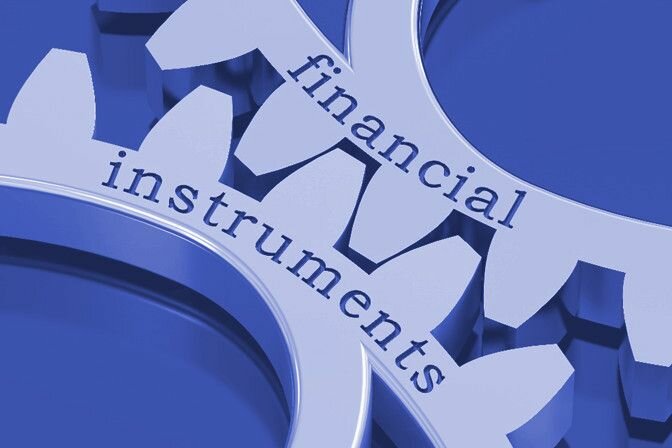The University of Oxford, one of the world’s oldest and most prestigious institutions, has been a beacon of academic excellence for over 900 years. Located in Oxford, England, this iconic university has produced 30 world leaders, 27 British prime ministers, 50 Nobel laureates, and 120 Olympic medalists. History Founded in […]
Business
Financial analysis is the process of evaluating a company’s financial performance and position to make informed investment, credit, or business decisions. _Types of Financial Analysis_ 1. _Ratio Analysis_: Evaluates financial ratios to assess performance. 2. _Financial Modeling_: Creates mathematical models to forecast performance. 3. _Break-Even Analysis_: Determines profitability thresholds. 4. […]
Financial instruments are contracts or assets that represent a claim on future cash flows or economic benefits. They enable individuals, businesses, and governments to manage risk, raise capital, and invest in various assets. _Types of Financial Instruments_ 1. *Equity Instruments* – Stocks (Common and Preferred) – Stock Options – Equity […]
Corporate finance deals with the financial activities and decisions of corporations, aiming to maximize shareholder value . It involves managing financial resources, investing, and financing operations. _Key Concepts in Corporate Finance_ 1. *Capital Budgeting*: Evaluating investment projects. 2. *Cost of Capital*: Calculating the cost of funding. 3. *Financial […]
Corporate investment refers to the allocation of a company’s funds into various assets, projects, or businesses to generate returns and achieve strategic objectives. Effective investment decisions are crucial for a company’s growth, profitability, and sustainability. _Types of Corporate Investments_ 1. *Capital Expenditures (CapEx)*: Investments in physical assets, such as property, […]
Digital finance, also known as fintech, has transformed the financial services industry by leveraging technology to improve efficiency, accessibility, and innovation. Digital finance encompasses various financial technologies, platforms, and tools that enable individuals and businesses to manage financial transactions, investments, and risk management. _Key Components of Digital Finance_ 1. *Mobile […]
Financial regulations are laws and rules designed to govern financial institutions, markets, and instruments. These regulations aim to protect investors, maintain financial stability, and prevent financial crises. _Types of Financial Regulations_ 1. _Prudential Regulation_: Ensures financial institutions’ safety and soundness. 2. _Conduct Regulation_: Regulates financial institutions’ behavior. 3. _Market Regulation_: […]
Fintech and digital banking have transformed the financial services industry, offering convenience, efficiency, and innovation. Fintech combines finance and technology to create new financial products and services, while digital banking enables online and mobile banking. _Key Features of Fintech_ 1. *Mobile Payments*: Contactless transactions using smartphones. 2. *Digital Wallets*: Electronic […]







